DRIVERS STRUGGLE AMID OIL PRICE SURGE
입력 2022.03.23 (15:21)
수정 2022.03.23 (16:46)
읽어주기 기능은 크롬기반의
브라우저에서만 사용하실 수 있습니다.
[Anchor Lead]
Soaring oil prices are dealing a heavy blow to the transport sector. With the price of diesel fuel approaching 2,000 won per liter, the transportation business including cargo trucks are facing deep concern. Bus and truck drivers say the more they travel, the more loss they accumulate.
[Pkg]
A transport company operating a fleet of around 50 express buses. With skyrocketing diesel costs, its gas expenses in the past month went up by nearly 200 million won on-year. High oil prices are a double whammy for the company, already struggling with passenger numbers halved amid the pandemic. Its deficit sharply widened this month due to runaway diesel prices.
[Soundbite] Moon Dong-soo(Company executive director) : "We are running a deficit of over 200 million won monthly. If this continues, the company can’t survive."
Cargo truck drivers are no different. Bae Yong-soo covers some 550 kilometers a day and gets paid about 490-thousand won. He spends more than half of this amount, around 260-thousand won, at the pump. Excluding toll fees, and what he pays for meals and urea water solution, what’s left at the end of the day is about 150-thousand won. Then he still needs to pay installments on the vehicle purchase and repair costs. Bae ends up with very little net earning.
[Soundbite] Bae Yong-soo(Cargo truck driver) : "Getting behind the wheel every day is frightening. I honestly think operations should stop altogether."
The government has extended fuel tax cuts. But truck drivers say lower tax also means smaller fuel subsidies and overall, there is little to gain from the tax reduction. The average price of diesel nationwide has surpassed 1,900 won per liter. It’s gone up about 600 won in a year. The transport sector is increasingly distressed by the oil price hikes that see no end.
Soaring oil prices are dealing a heavy blow to the transport sector. With the price of diesel fuel approaching 2,000 won per liter, the transportation business including cargo trucks are facing deep concern. Bus and truck drivers say the more they travel, the more loss they accumulate.
[Pkg]
A transport company operating a fleet of around 50 express buses. With skyrocketing diesel costs, its gas expenses in the past month went up by nearly 200 million won on-year. High oil prices are a double whammy for the company, already struggling with passenger numbers halved amid the pandemic. Its deficit sharply widened this month due to runaway diesel prices.
[Soundbite] Moon Dong-soo(Company executive director) : "We are running a deficit of over 200 million won monthly. If this continues, the company can’t survive."
Cargo truck drivers are no different. Bae Yong-soo covers some 550 kilometers a day and gets paid about 490-thousand won. He spends more than half of this amount, around 260-thousand won, at the pump. Excluding toll fees, and what he pays for meals and urea water solution, what’s left at the end of the day is about 150-thousand won. Then he still needs to pay installments on the vehicle purchase and repair costs. Bae ends up with very little net earning.
[Soundbite] Bae Yong-soo(Cargo truck driver) : "Getting behind the wheel every day is frightening. I honestly think operations should stop altogether."
The government has extended fuel tax cuts. But truck drivers say lower tax also means smaller fuel subsidies and overall, there is little to gain from the tax reduction. The average price of diesel nationwide has surpassed 1,900 won per liter. It’s gone up about 600 won in a year. The transport sector is increasingly distressed by the oil price hikes that see no end.
■ 제보하기
▷ 카카오톡 : 'KBS제보' 검색, 채널 추가
▷ 전화 : 02-781-1234, 4444
▷ 이메일 : kbs1234@kbs.co.kr
▷ 유튜브, 네이버, 카카오에서도 KBS뉴스를 구독해주세요!
- DRIVERS STRUGGLE AMID OIL PRICE SURGE
-
- 입력 2022-03-23 15:21:26
- 수정2022-03-23 16:46:10
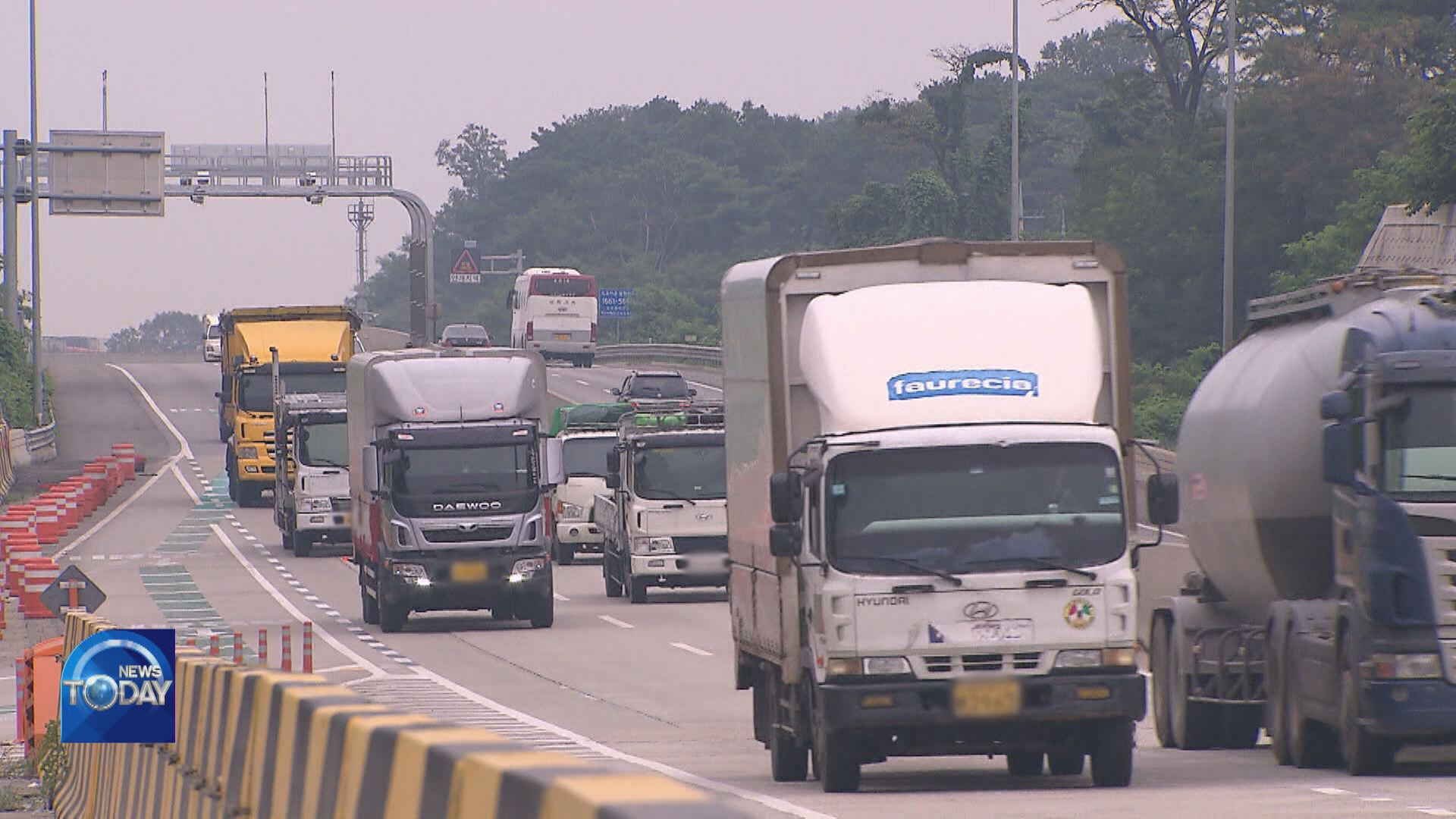
[Anchor Lead]
Soaring oil prices are dealing a heavy blow to the transport sector. With the price of diesel fuel approaching 2,000 won per liter, the transportation business including cargo trucks are facing deep concern. Bus and truck drivers say the more they travel, the more loss they accumulate.
[Pkg]
A transport company operating a fleet of around 50 express buses. With skyrocketing diesel costs, its gas expenses in the past month went up by nearly 200 million won on-year. High oil prices are a double whammy for the company, already struggling with passenger numbers halved amid the pandemic. Its deficit sharply widened this month due to runaway diesel prices.
[Soundbite] Moon Dong-soo(Company executive director) : "We are running a deficit of over 200 million won monthly. If this continues, the company can’t survive."
Cargo truck drivers are no different. Bae Yong-soo covers some 550 kilometers a day and gets paid about 490-thousand won. He spends more than half of this amount, around 260-thousand won, at the pump. Excluding toll fees, and what he pays for meals and urea water solution, what’s left at the end of the day is about 150-thousand won. Then he still needs to pay installments on the vehicle purchase and repair costs. Bae ends up with very little net earning.
[Soundbite] Bae Yong-soo(Cargo truck driver) : "Getting behind the wheel every day is frightening. I honestly think operations should stop altogether."
The government has extended fuel tax cuts. But truck drivers say lower tax also means smaller fuel subsidies and overall, there is little to gain from the tax reduction. The average price of diesel nationwide has surpassed 1,900 won per liter. It’s gone up about 600 won in a year. The transport sector is increasingly distressed by the oil price hikes that see no end.
Soaring oil prices are dealing a heavy blow to the transport sector. With the price of diesel fuel approaching 2,000 won per liter, the transportation business including cargo trucks are facing deep concern. Bus and truck drivers say the more they travel, the more loss they accumulate.
[Pkg]
A transport company operating a fleet of around 50 express buses. With skyrocketing diesel costs, its gas expenses in the past month went up by nearly 200 million won on-year. High oil prices are a double whammy for the company, already struggling with passenger numbers halved amid the pandemic. Its deficit sharply widened this month due to runaway diesel prices.
[Soundbite] Moon Dong-soo(Company executive director) : "We are running a deficit of over 200 million won monthly. If this continues, the company can’t survive."
Cargo truck drivers are no different. Bae Yong-soo covers some 550 kilometers a day and gets paid about 490-thousand won. He spends more than half of this amount, around 260-thousand won, at the pump. Excluding toll fees, and what he pays for meals and urea water solution, what’s left at the end of the day is about 150-thousand won. Then he still needs to pay installments on the vehicle purchase and repair costs. Bae ends up with very little net earning.
[Soundbite] Bae Yong-soo(Cargo truck driver) : "Getting behind the wheel every day is frightening. I honestly think operations should stop altogether."
The government has extended fuel tax cuts. But truck drivers say lower tax also means smaller fuel subsidies and overall, there is little to gain from the tax reduction. The average price of diesel nationwide has surpassed 1,900 won per liter. It’s gone up about 600 won in a year. The transport sector is increasingly distressed by the oil price hikes that see no end.
이 기사가 좋으셨다면
-
좋아요
0
-
응원해요
0
-
후속 원해요
0










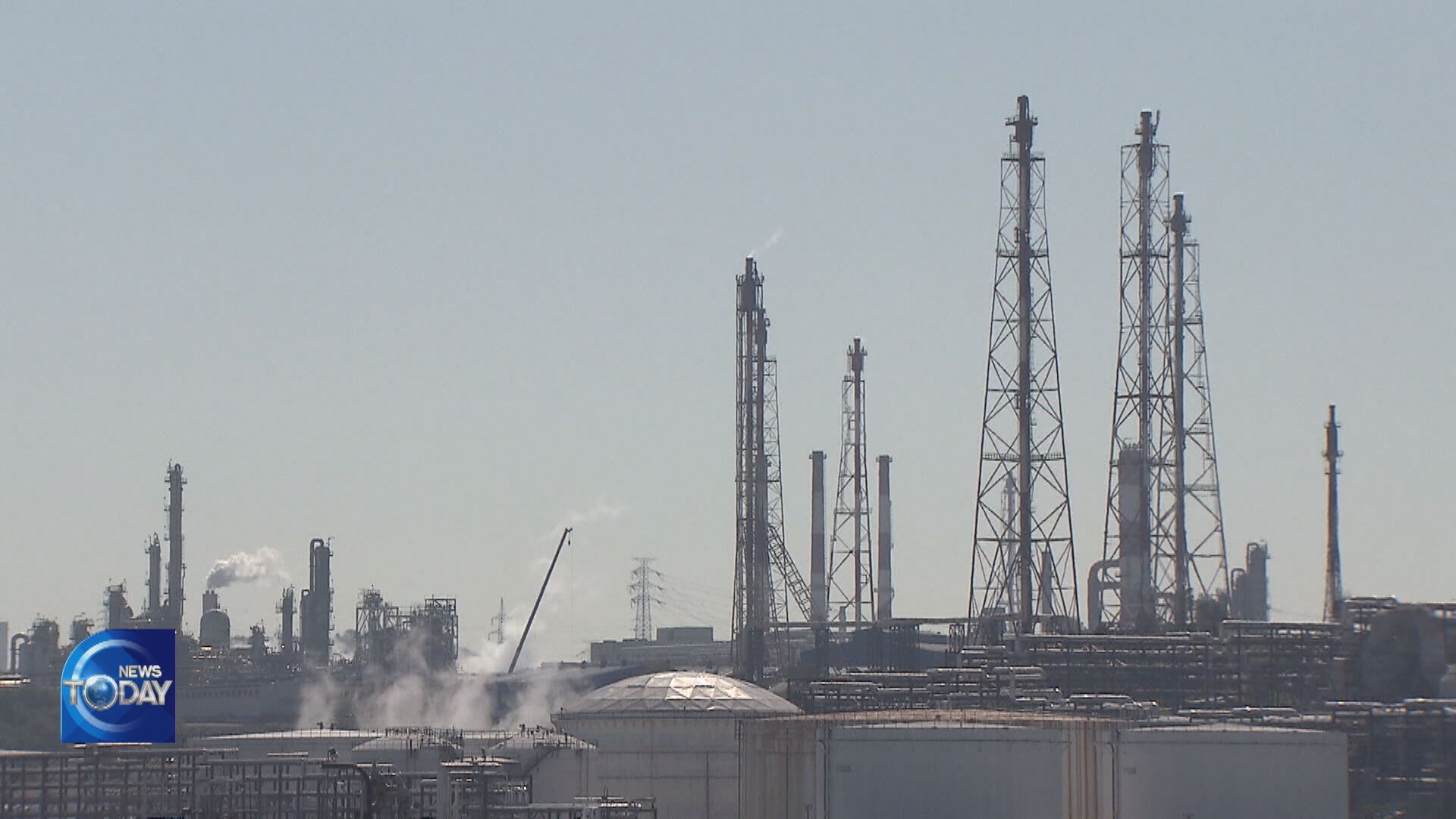
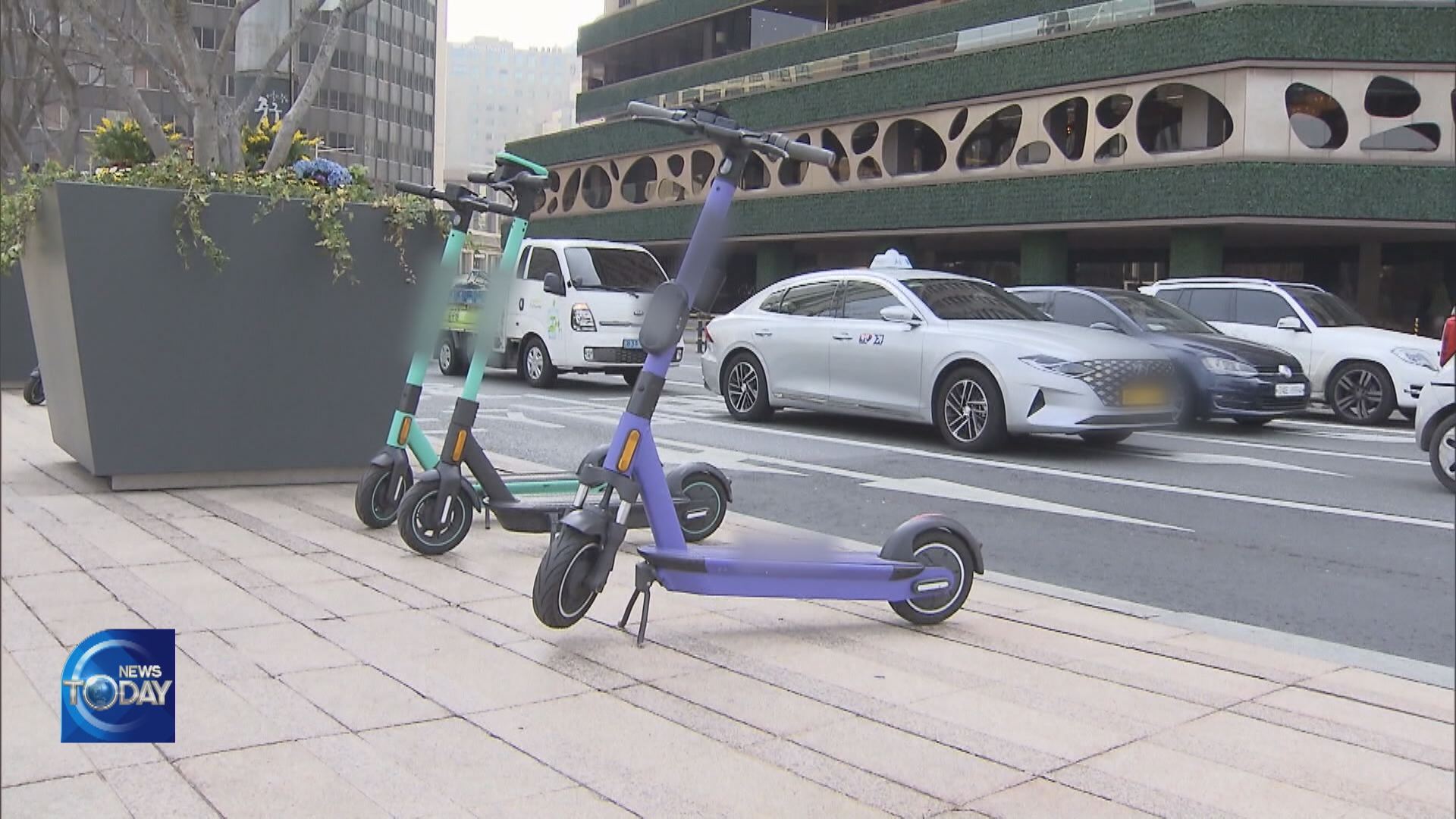
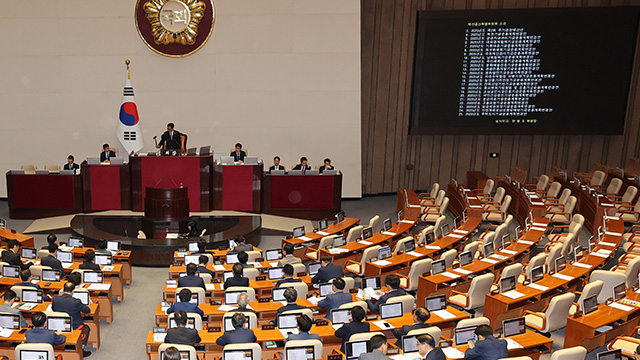


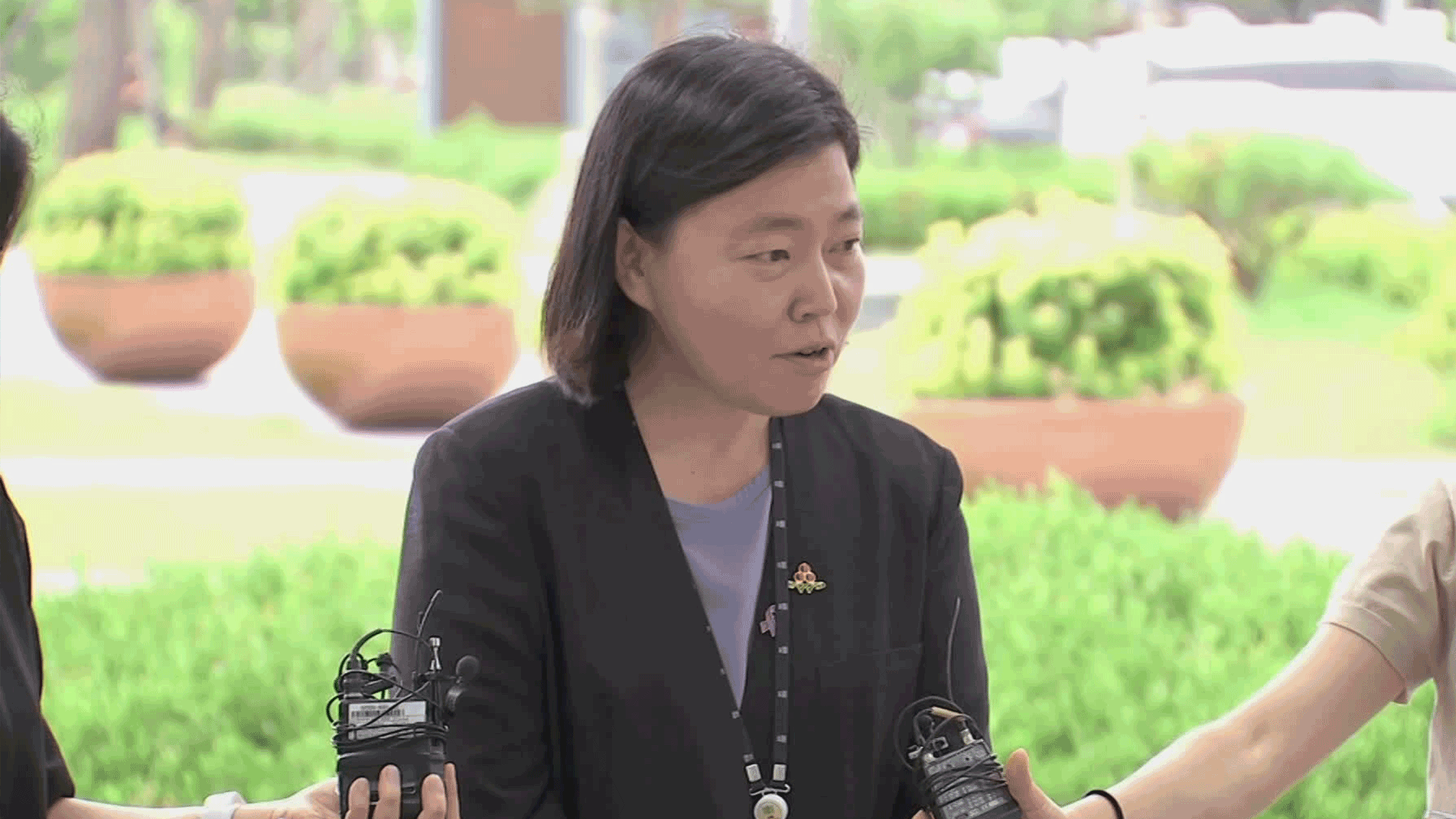

이 기사에 대한 의견을 남겨주세요.